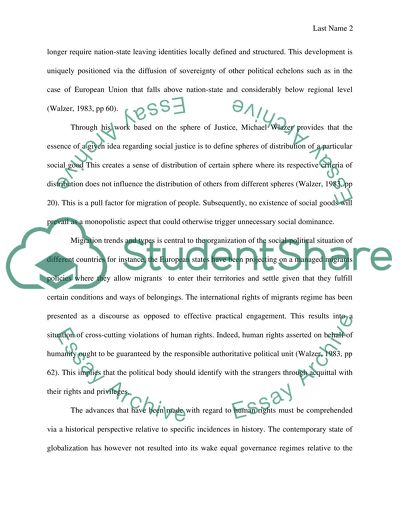Cite this document
(“Political Belonging Essay Example | Topics and Well Written Essays - 2250 words”, n.d.)
Retrieved de https://studentshare.org/politics/1701203-political-belonging
Retrieved de https://studentshare.org/politics/1701203-political-belonging
(Political Belonging Essay Example | Topics and Well Written Essays - 2250 Words)
https://studentshare.org/politics/1701203-political-belonging.
https://studentshare.org/politics/1701203-political-belonging.
“Political Belonging Essay Example | Topics and Well Written Essays - 2250 Words”, n.d. https://studentshare.org/politics/1701203-political-belonging.


